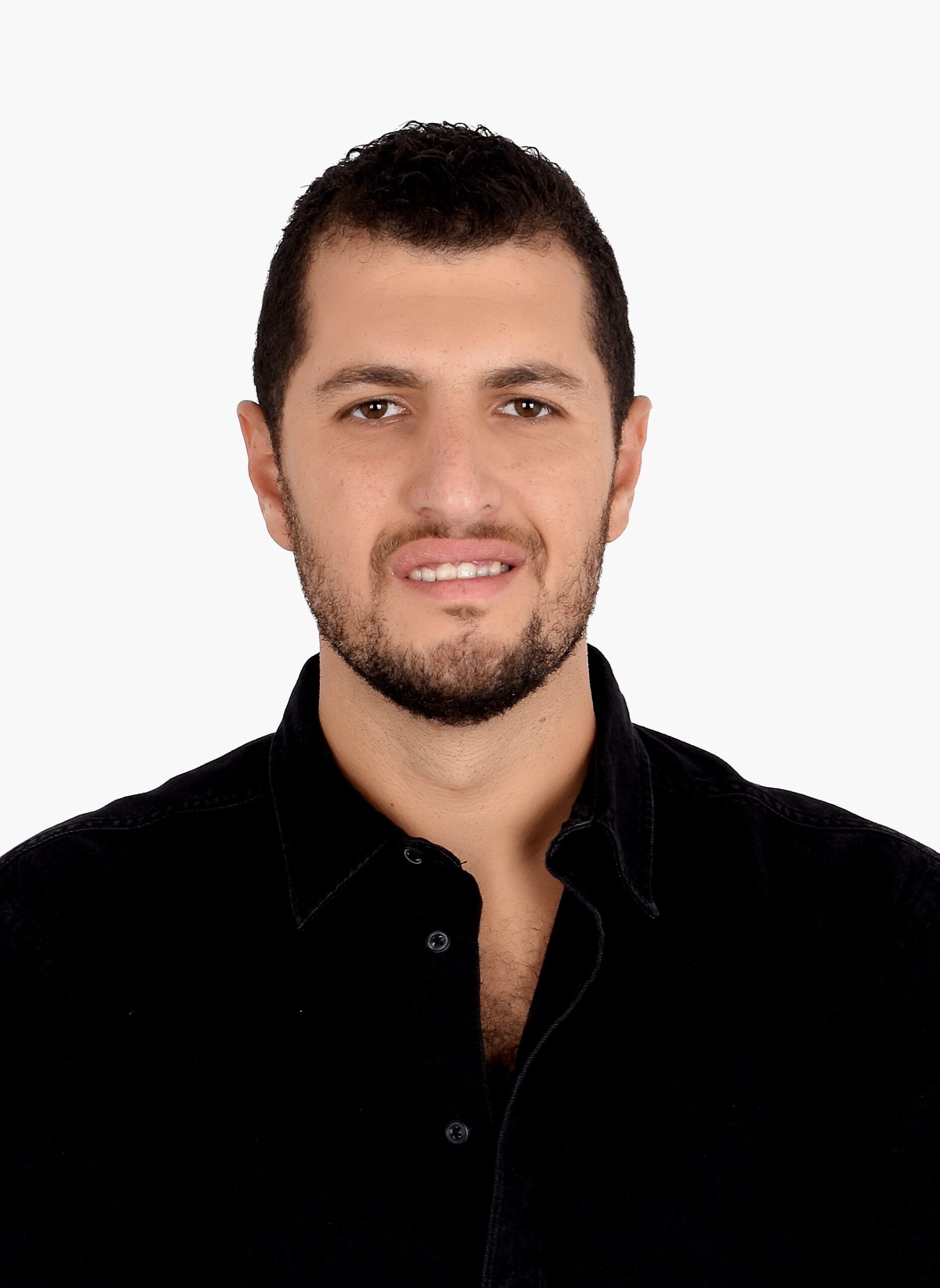Suplyd
Gohar Said
For a better restaurants industry

Meet the people behind the big ideas
Gohar wasn’t always a tech entrepreneur revolutionizing the Egyptian food industry. He started out, like countless others in his homeland, passionate about food and frustrated by the relentless challenges of running a restaurant. “The way restaurants operate in Egypt is a nightmare,” Gohar says with a shake of his head. “There’s a constant struggle with unreliable suppliers, inflated costs, and a system that simply isn’t built for small and medium-sized businesses to thrive.”
These frustrations weren’t just anecdotal. With over 15 years of experience and several restaurants under his belt, Gohar had seen it all firsthand. Witnessing a 93% failure rate for restaurants in their first three years was a stark reminder of the brutal realities in the Egyptian F&B sector. “So much money and potential wasted,” he laments. “There had to be a better way.”
This drive to transform the industry wasn’t a solitary quest. Gohar, along with his co-founders Ahmed ElMahdy and Karim Selima, had a unique advantage. Having known each other for 25 years, they possessed a deep understanding of one another’s strengths and weaknesses. This long-standing camaraderie fueled a powerful synergy, allowing them to identify a gap in the market and craft a solution that addressed a critical need. Unlike the wave of customer-facing restaurant tech solutions that emerged in the previous years, Suplyd took a different approach. They targeted the heart of the problem: the broken procurement process.
Restaurant owners in Egypt wrestle with a chaotic supply chain. Finding reliable suppliers is a constant battle. Minimum order quantities are exorbitant, forcing them to buy more than they need at opaque prices.This was the daily reality for countless restaurants – and one that Gohar knew intimately.
Suplyd disrupts this fragmented system with a digital, controlled marketplace tackling the issue of reliability. It connects smaller restaurants with their daily supplies requirements, offering them access to competitive prices, a wider range of ingredients, and the convenience of online ordering. No more haggling with suppliers, no more inflated supermarket prices.
But the story doesn’t end there. Suplyd’s impact goes beyond just cost savings. Their platform streamlines the entire procurement process, freeing up valuable time and resources for restaurant owners to focus on what they do best: creating exceptional culinary experiences.
The transition wasn’t always smooth. In the early days, Gohar recalls the struggle to gain trust from suppliers. “When a restaurant placed an order, I’d physically go to supermarkets, buy the ingredients myself, and deliver them,” he says. “Definitely not scalable, but it showed suppliers we were serious.”
The dedication paid off. Today, Suplyd boasts a network of over 15,000 restaurants and 2,200 stock keeping units (SKUs). Their platform processes countless orders, ensuring a steady flow of ingredients for Egyptian eateries.
The positive impact is undeniable. Restaurant owners who previously spent hours managing a chaotic procurement process can now focus on their core business. Food costs are lowered, operational efficiency is improved, and long-term success becomes a real possibility.
Suplyd’s success is measured not just in numbers, but in the stories of the restaurants they empower. “This is unbelievable,” is a common reaction from new restaurants joining the platform. The ease and transparency of Suplyd’s system come as a shock to those accustomed to the old, inefficient ways.
“Suplyd is tackling a critical pain point for tens of thousands of SMEs working in the food industry in Egypt,” says Aly El Shalakany, Managing Partner at Acasia Ventures. “We were impressed by Suplyd’s innovative approach and their deep understanding of the local market. Their solution combines two powerful ingredients, logistical and operational muscle with cutting edge digital technology to improve efficiencies. In a short period of time, Suplyd has become one of the market leaders in Egypt and we are confident that their solution can help solve problems in many other large markets.”